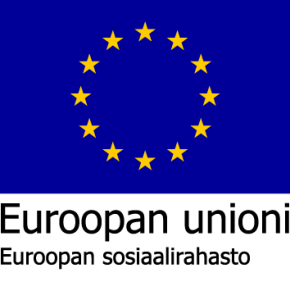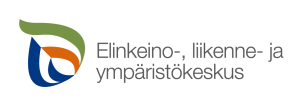Two years passed since we started our collaboration with four universities in Chile: Universidad Católica del Maule (UCM), Universidad de Talca (UTalca) Universidad de Concepción (UDEC), and Universidad Austral de Chile (UAch). These Universities have a long history and wide expertise in forestry, agriculture, agroforestry systems, and biotechnology. They are ranked among the 20 best universities in the whole country, from a total of 132 universities [1].
Since 2020, we have worked closely with the Chilean universities. We have developed an online course on bioeconomy and webinars that have covered for example the concept of bio & circular economy and social aspects of PEFC forest certification system. Our last collaboration brought us to Chile in November 2022 for ten days. The experience was excellent, and we learned a lot about Chile’s educational structures, nature, economy and, above all, the bioeconomy.
We started our visit in Valdivia, capital of “Los Ríos” region, where Valdivian temperate rainforests are located. In this area, we realized already the importance of the green bioeconomy (related to forests) for the country when we got to visit the beautiful native forests of the area. The yellow bioeconomy (related to agriculture) was also strong in the area. For example, the cultivation of apple trees was reported to be very popular in the vicinity of Valdivia. After few days we moved towards “Bío Bío” Region where Concepción, the second most populated city of Chile, is situated. In this area plantations of Radiata pine and Eucalyptus have a prominent share in the forest bioeconomy. Our last stop was Talca, the capital city of “El Maule” region, where UCM and UTalca showed us other dimensions and challenges of bioeconomy. Among other things, we saw vineyards and got acquainted with the Food for future (F4F) in Talca. F4F utilizes black soldier fly to transform organic waste into products for feeding e.g. birds and fish.
Bioeconomy is clearly present in Chile, said prof Carmen L. Bravo Castillo in the closing seminar of our visit, but it needs to be addressed more properly in the national and regional strategies. Universities are taking their share, and together with our Finnish universities, we are looking forward to giving the bioeconomy the necessary boost.
Join-Bioerko project has promoted and supported international collaborations and internationalization so far bringing us the opportunity to strengthen our relations with our Chilean partners, as well as get to know other relevant groups (research institutes, initiatives, companies). It has prepared the ground, so we are able to shape the bioeconomy to best respond to local and global challenges. Join-Bioerko project ended 31.12.222, but we will continue to build cooperation and strengthen our bioeconomy networks to overcome future challenges. This is possible thanks to a joint project called Fostering Green Transition through effective communication between Finnish and Chilean HEIs that have been awarded funding from the National Finnish Board of Education (OPH in Finnish) through the TFK program for 2022-2024. The project includes curriculum innovations and a series of joint webinars. In addition, the aim is to increase the mobility of experts to Finland and Chile who seek enhance the development on bioeconomy. Chilean collages are expected to visit in North Karelia and North Savo on March 2023.
Authors:
Isabel Muñoz, Piritta Torssonen, Jukka Tikkanen, Univeristy of Eastern Finland
Sini Rantanen, Karelia University of Applied Sciences
Kasperi Vuorikari, Harri Auvinen, Savonia University of Applied Sciences
[1] https://www.webometrics.info/en/Latin_America_es/Chile (sited 19.12.2022)



